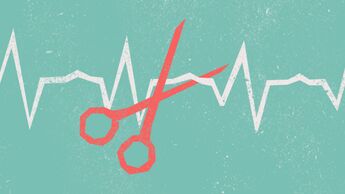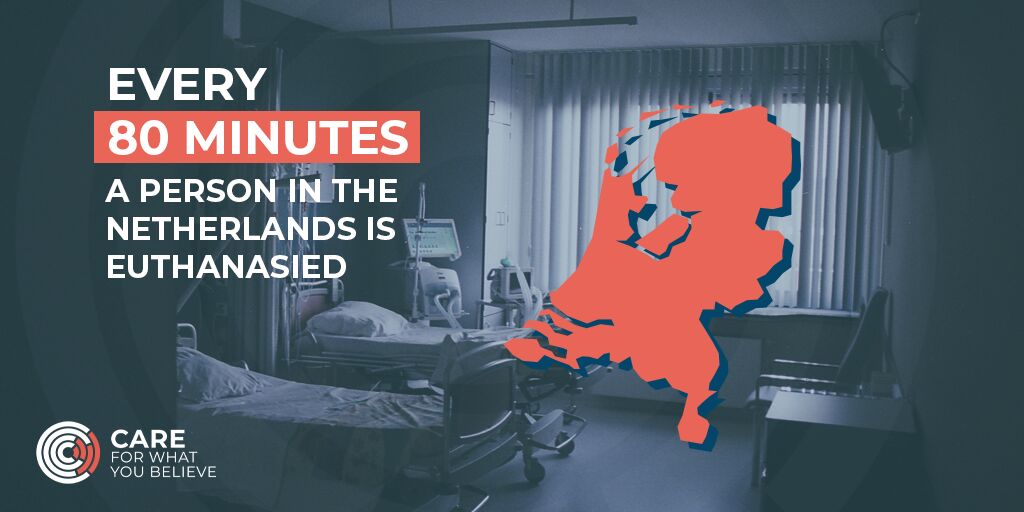
Some of you might be able to stomach the idea of euthanasia for consenting adults. After all, an adult knows what he or she wants. And there’s the world of difference between a grown-up choosing to die and, say, a child wanting to end their own life. But the idea of euthanising young children may seem totally horrific to you. What civilised nation would ever do that?
The answer may surprise you. This week, it emerged that the Dutch Government is prepared to support changes to the country’s euthanasia laws to allow for it for children aged between 1-12, who have a terminal illness.
Announcing the change to Parliament on Tuesday, Health Minister Hugo de Jonge told Parliament this week that child euthanasia should be allowed to help "a small group of terminally ill children who agonize with no hope, and unbearable suffering." The proposal will affect between five and 10 children annually who suffer "as a result in some cases unnecessarily, for a long time, without any prospect of improvement."
Slippery Slope

Euthanasia in the Netherlands is already legal for babies aged between 0-1 and for children aged 12 and over. The new expansion requires the child to be ‘terminally ill’. But as scholar Wesley J. Smith of the Discovery Institute wrote on a National Review blog, the current law is murky enough and the ‘terminal ill’ requirement may not last.
Legal since 2002, euthanasia numbers have increased dramatically since the law was first introduced. In the first decade of it being allowed, the number of euthanasia cases doubled and in the first 15 years the rates had tripled. By 2016, on average 16 people were being euthanise daily.
What we are witnessing in the Netherlands is not progress. It’s not the triumph of a laissez-faire attitude. It’s the failure of a civilised society to treat its elderly and vulnerable with respect. The way the law has been expanded in The Netherlands is a brutal reminder that the slippery slope of euthanasia is all too real.
Opening Pandora’s Box
Even if you accepted euthanasia of consenting adults, the situation in the Netherlands is much, much worse. It used to be the case that to be euthanised, you needed a ‘terminal illness’. Over time, this was expanded to include depression as well. Just pause for a moment. You can be killed in the Netherlands because you feel depressed. But don't all of us have bad days? While clinical depression is an awful experience, you can recover and many do. Surely the danger is obvious. If you allow doctors the legal right to kill patients, where do you stop? What if someone felt pressure to end their life?
If adults can be coerced into choosing to end their own lives by euthanasia laws, then surely this will be doubly dangerous for children who are generally more impressionable. It's opening a Pandora's Box with terrifying results.
When you give doctors the legal power to kill patients, for all the talk by pro-euthanasia groups like Dignity in Dying about ‘safeguards’ what you end up with is expansion. Growing numbers. And these are not just statistics in reports. Each one is a human being., uniquely made in God’s own image.
Frightening Experiment
At the end of the day, this is where Christian principles are so vital. In the Christian worldview, there is a barrier, stopping you from euthanising anyone and it’s the explicit command not to murder. In the Christian worldview, you care for the sick, the weak and you help people realise a good death is possible.
And yet like the UK, the Netherlands has largely given up its Christian heritage. One of the results? A frightening experiment in allowing doctors to kill patients. Euthanasia for children might seem like something that only happened in the dark days of the 1940s. But in 2020, it’s all too real in the Netherlands.


Share story
Euthanasia for children?